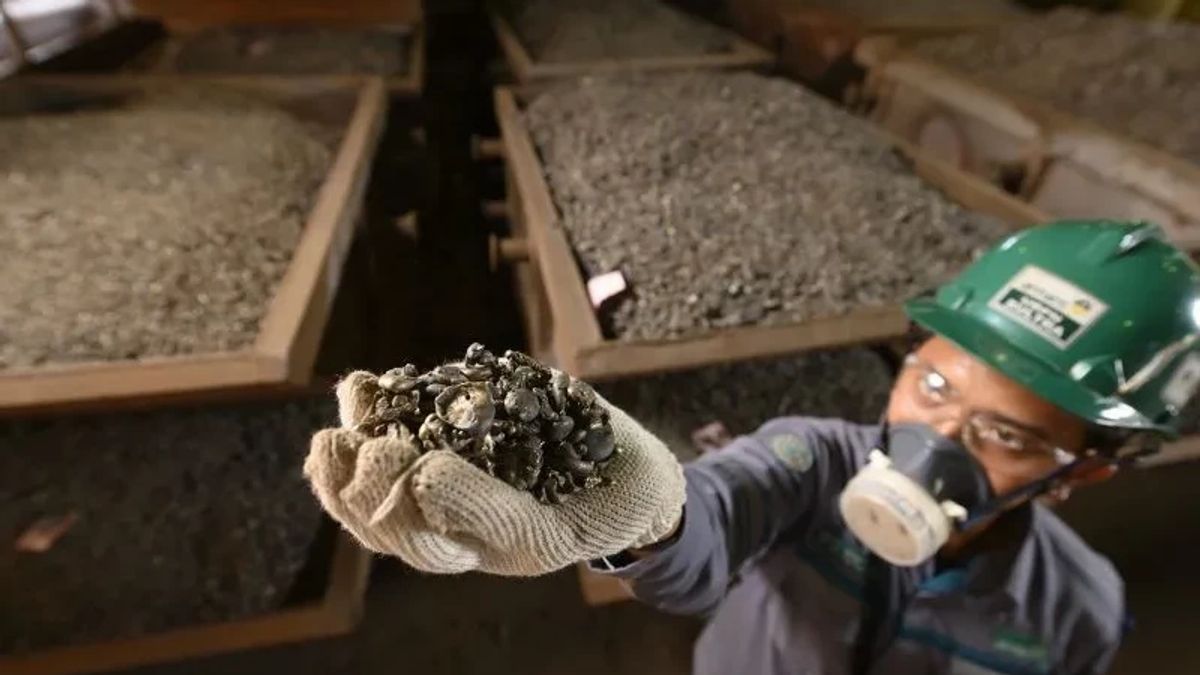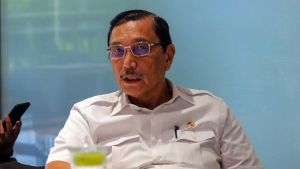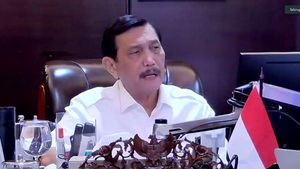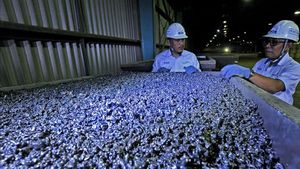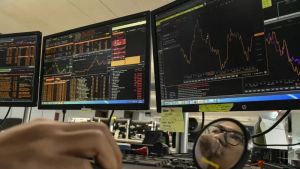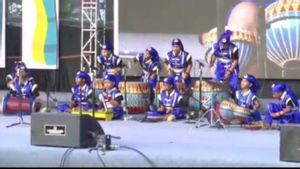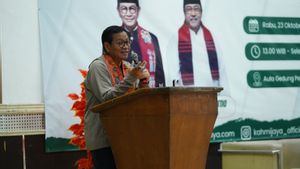JAKARTA - Special Staff to the Minister of Energy and Mineral Resources for the Acceleration of Industrial Development of the ESDM Sector, Agus Tjahajana, revealed that not all Tesla vehicle manufacturers use Lithium Ferro Phosphate (LFP).
Regarding the use of battery raw materials for electric vehicles, it is the choice of each electric vehicle manufacturer. Moreover, LFP is not a new concoction and has been growing for a long time and is quite competitive with the use of nickel as raw material for batteries for electric vehicles.
"(Depending) on availability. Tesla wants to use that, go ahead. Tesla used to use solid states, suddenly wanted to use an LFP. I saw that it was just a gimmick marketing. Why are we making a fuss like this," Agus said in the Mining Zone quoted on Thursday, January 25.
Agus said that the use of nickel and LFP as EV batteries has their own weaknesses and advantages. According to him, LFP has an advantage because the raw materials are cheaper and have a lower energy density. Meanwhile, nickel is considered more expensive because it has a higher density but is considered more durable.
SEE ALSO:
"Those who are low-end use LFP, high-end use nickel," added Agus.
Agus further said that based on the data held by as many as 30 percent of EV battery manufacturers in China still use nickel while the other 70 percent have used LFP.
"Why? Because he doesn't have nickel. Lithium and ferro are easier. But the density is lower, so the distance is also shorter. Nickel-Mangan-Mangalt (NMC)-based battery is scale 4 while the LFP is scale two so he can't store more energy than NCM. That's what makes the price cheaper," concluded Agus.
The English, Chinese, Japanese, Arabic, and French versions are automatically generated by the AI. So there may still be inaccuracies in translating, please always see Indonesian as our main language. (system supported by DigitalSiber.id)
